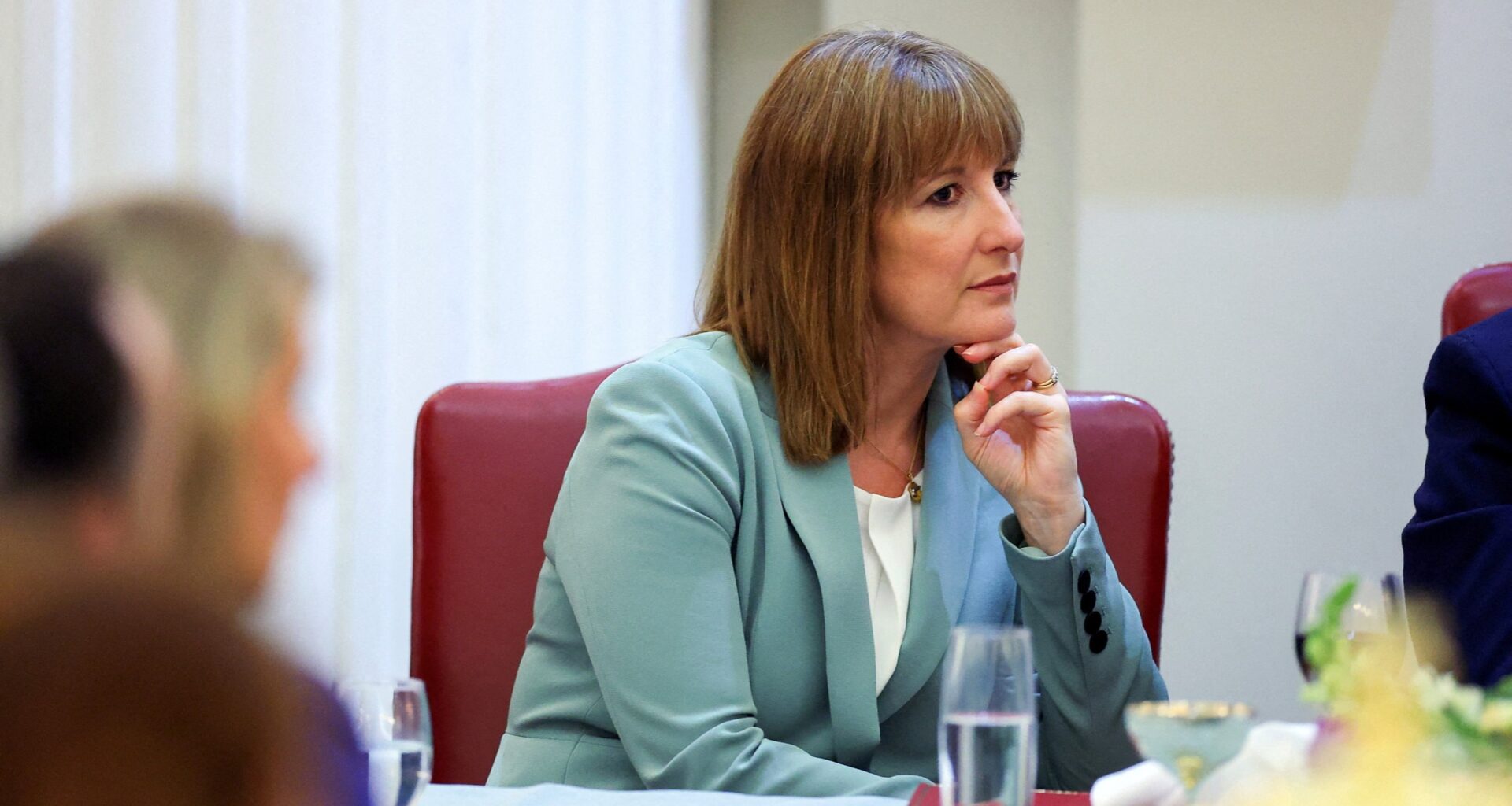Personal representatives will be liable for reporting and paying any IHT on unused pension funds from April 2027.
Published yesterday (July 21), the government put out its draft legislation to apply IHT on unused pensions funds and death benefits.
Although the proposals remain largely unchanged from when Rachel Reeves announced them in the Autumn Budget, the government has made a few revisions to what it had previously announced.
Between October 2024 and January 2025, the government consulted on the process for reporting and paying IHT on unused pension funds and death benefits.
It proposed that pension scheme administrators would be liable for reporting and paying any IHT on the pension element of an individual’s estate.

‘IHT on pensions does not work at all’
Following the consultation, the government has announced personal representatives rather than pension scheme administrators, will be liable for reporting and paying any IHT due on unused pension funds and death benefits from April 6, 2027.
It also confirmed death in service benefits payable from a registered pension scheme will remain out of scope of IHT.
Government has ‘blown its opportunity’
Roddy Munro, pension specialist at Quilter, was thankful government had listened to some responses but was concerned without further amendments, how the policy was actually enacted risked “turning a targeted tax reform into an administrative minefield.”
“What we could end up seeing is a massive transfer of private wealth back to the state. What’s more, while only a small fraction of estates will pay more tax, a far greater number will face needless complexity, delays, and stress — often at the worst possible time,” he said.
HMRC has blown its opportunity to bin the original proposals, stubbornly sticking with a system that will create confusion, complexity and additional costs for bereaved families.
Andrew Tully, technical services director at Nucleus Financial was disappointed to see the government had not listened to “very strong views” that using IHT was not the best option to boost Treasury coffers.
“Including pensions within the IHT environment will deliver poor outcomes for customers, beneficiaries, personal representatives, the industry, and HMRC.
“This complex process will cause bereaved families confusion and stress at a difficult time and doesn’t fit well with the support firms may want to provide people who are likely to be vulnerable following the death of a loved one.”
A report released this month by The Investing and Saving Alliance, found alternative policies could raise the same level of tax revenues as bringing IHT into the scope of pensions.
Rachel Vahey, head of public policy at AJ Bell said: “HMRC has blown its opportunity to bin the original proposals, stubbornly sticking with a system that will create confusion, complexity and additional costs for bereaved families.
“Options were put forward by the industry which would have been far more straightforward than bringing unspent pensions into IHT, while still raising the same amount of tax.
“Although most savers will be unaffected and should not need to change their financial plans, some now face difficult choices about how best to arrange their finances. Many have saved and invested in good faith and now face the possibility of punitive rates of taxation when passing pension money to their loved ones.
“Bereaved families also face a huge administrative burden, with the government insisting they settle the IHT bill within six months. Many people have complex financial affairs, especially those who die unexpectedly, meaning settling the bill quickly may not be straightforward.”
alina.khan@ft.com
Have your say in the comments section below or email us: ftadviser.newsdesk@ft.com
